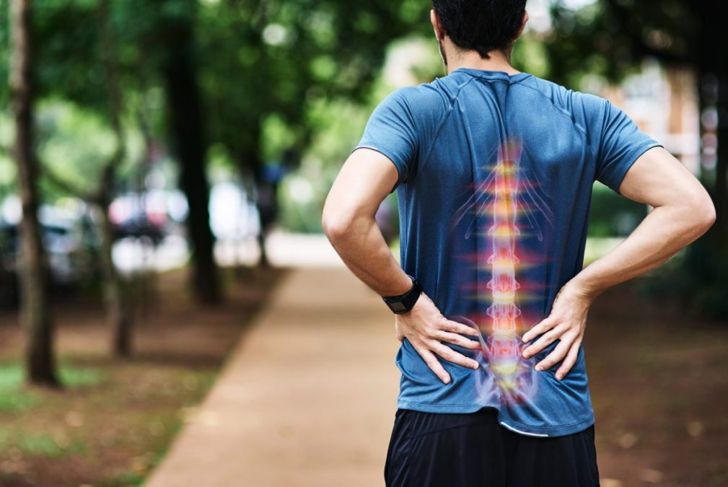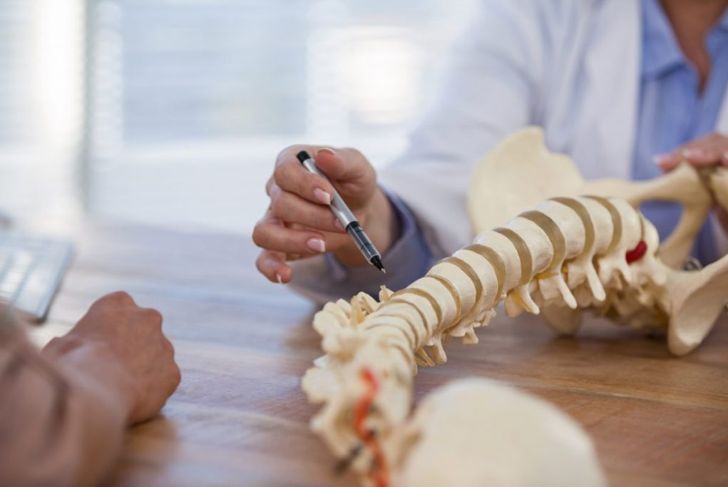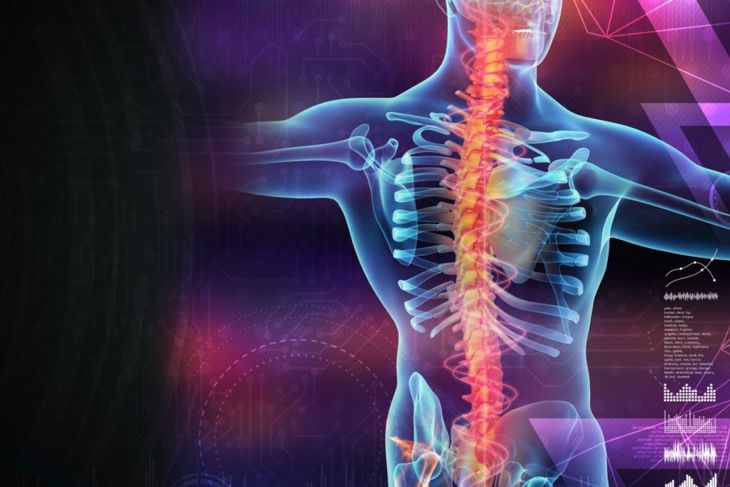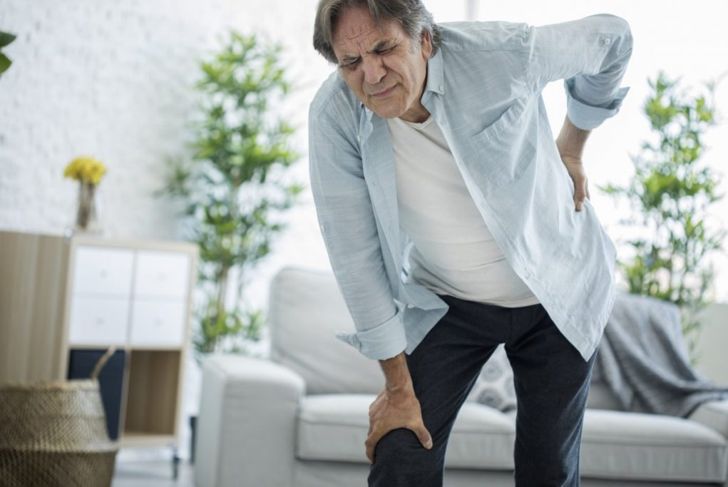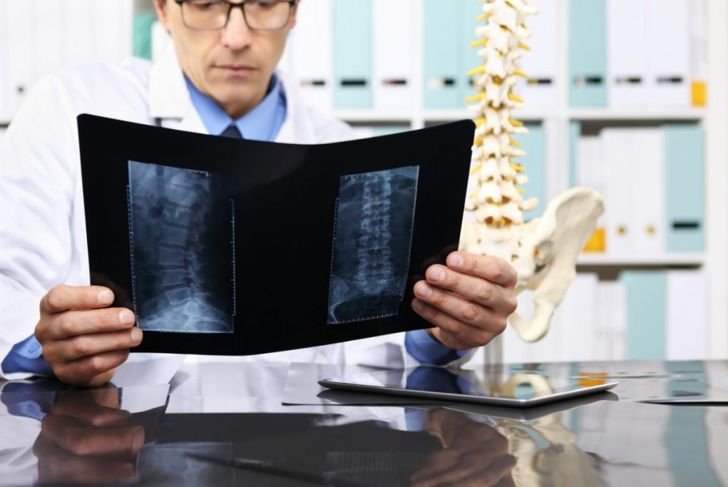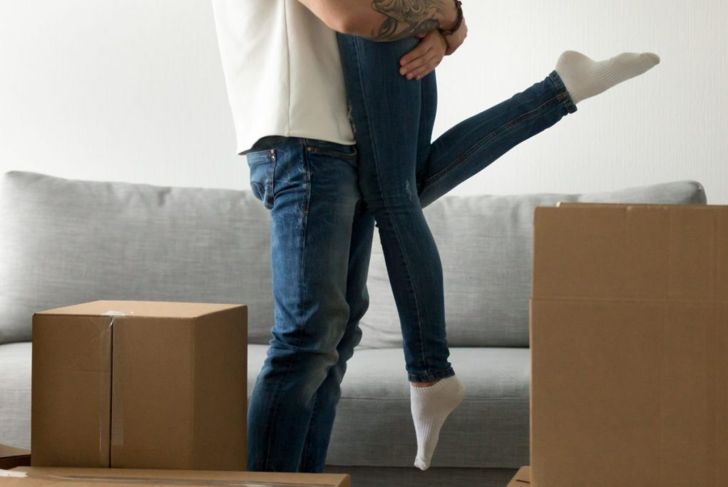The spinal column is a terrifically flexible and fragile combination of bones connecting your body to the brain. The cervical spine, the thoracic spine, and the lumbar spine come together in a symphony of genius and fragility. Between the bones are disks that protect each bone from those above and below. The discs prevent bone from grinding against bone and are made up of gelatinous lubrication encased in a more robust outer ring. When the softer gelatinous part of a disc escapes containment, it has “slipped” or herniated. A slipped disk may be minor or extremely painful.
How Does a Slipped Disc Happen?
While it is possible to slip a disc at the neck to upper back, the event most commonly occurs in the lower back. The pressure caused by a slipped disk needs only irritate a single nerve to make you feel uncomfortable. It’s important to recognize the symptoms of a potential problem immediately, rather than exacerbating the problem with continued movement and a lack of medical attention.
What Does a Slipped Disc Feel Like?
Slipped discs usually manifest as numbness in the sides, traveling to the extremities. If you begin to feel severe pain or even tingling that intensified in the evening and is made worse by normal movement, you may have a slipped disc.
Other Sensations To Consider
If it hurts to sit or walk, you may have slipped or herniated a disc in your back. The movement that caused the rupture could have been minimal. Be mindful of weakness in the muscles, aching, and most importantly, a burning sensation. Numbness in the arms and legs is a serious symptom often difficult to overlook.
Do Slipped Discs Only Happen to Older People?
The chances of slipping or herniating a disc increase with age; the discs start to lose hydration and elasticity due to natural spine degeneration. Younger people can also develop disc herniations, however.
Factors That Increase the Likelihood of a Slipped Disc
The body becomes less forgiving as it ages. In the case of vertebral discs, this happens as the protective water content “goes arid” with time. Additionally, those that carry more weight than is healthy are more likely to suffer from the strain being put on this limited protection between your bones. In general, smoking, excess alcohol consumption, and lack of exercise can also lead to slipped disc issues.
Should I See a Doctor?
You should never “soldier through” something if avoidable. If you had a stabbing pain in a vital organ, you would already be at the hospital. Why would you treat your back differently? You only have one, and it houses the bulk of your nervous system. It’s better to see a doctor early than to wait for things to become worse.
What Are the First Treatment Steps?
Sometimes, pain medication or physical therapy is enough to ease the symptoms of a slipped disc and allow the herniation to heal. Treatments that relieve pressure and increase blood circulation can make a world of difference.
What Will the Doctor Prescribe?
There is no simple answer to this. Conservative treatments are preferred but not always enough. Chances are, you’ll be able to work or live through a slipped disc. The temptation is often to avoid things that cause pain, but in the case of slipped disc, it’s possible that you need to strengthen the area that failed, so stretches that relieve the pressure or other exercises your doctor recommends can make a positive difference in the end.
Advanced Solutions: Surgery
It’s rare that a slipped disc will get to this point. However, severely slipped discs are dangerous and can lead to permanent nerve damage if untreated. Chances are it will be a simple waiting game that requires your patience. The doctor will help you manage the pain based on your descriptions of it and your adherence to their instructions.
Preventing a Slipped Disc
You will never need to know how to treat a slipped disc if you never slip a disc. If you maintain a recommended weight and be mindful of how you bend and lift objects, you will significantly lessen the chance of herniating a disc in your back. Lifting from your knees rather than your back keeps you at home rather than waiting for your name to be called at your doctor’s office. Sometimes, however, age catches up, and there is nothing you can do about this, so don’t hesitate to seek medical attention for back pain.

 Home
Home Health
Health Diet & Nutrition
Diet & Nutrition Living Well
Living Well More
More